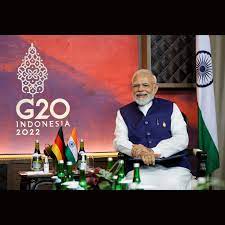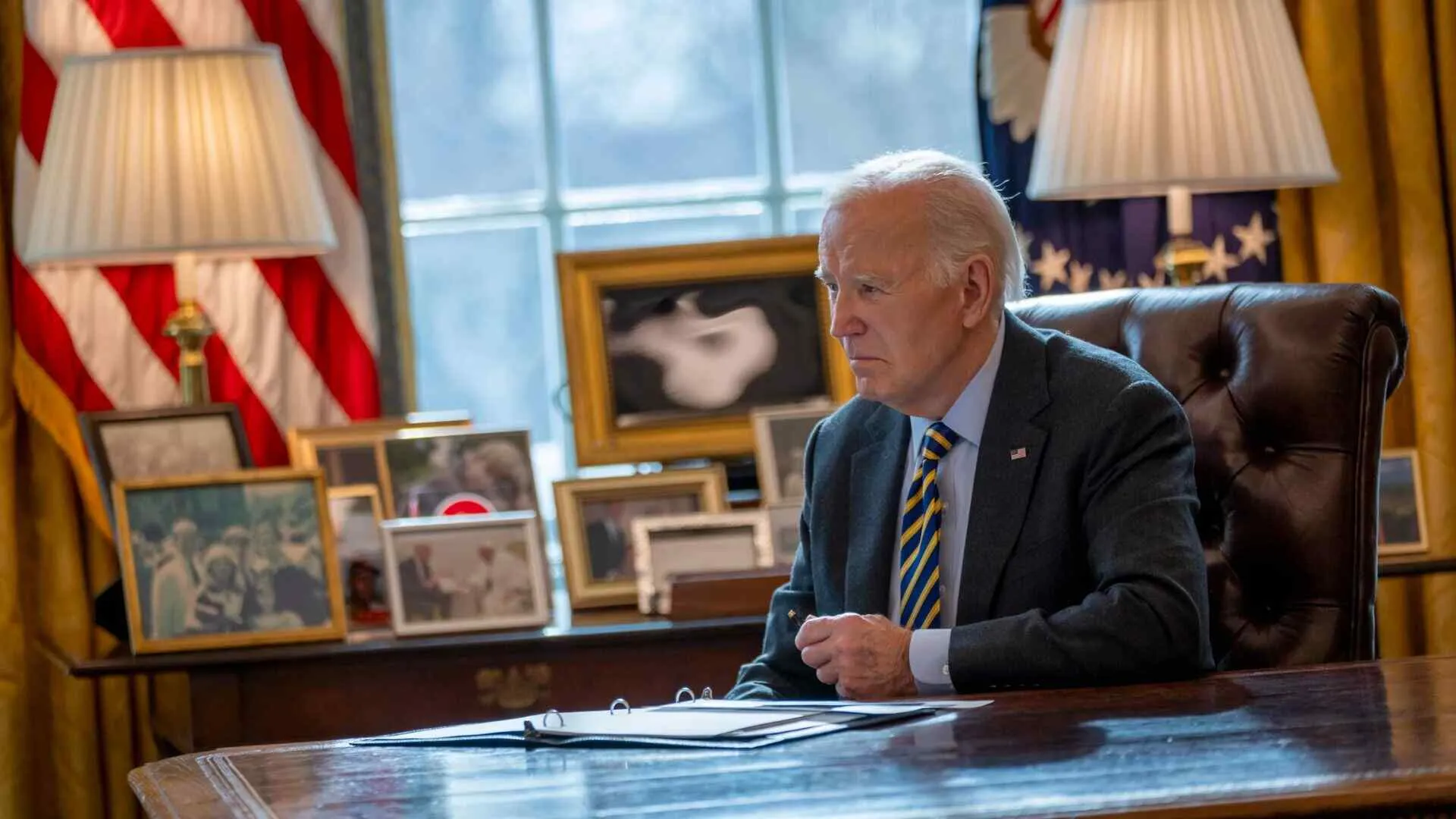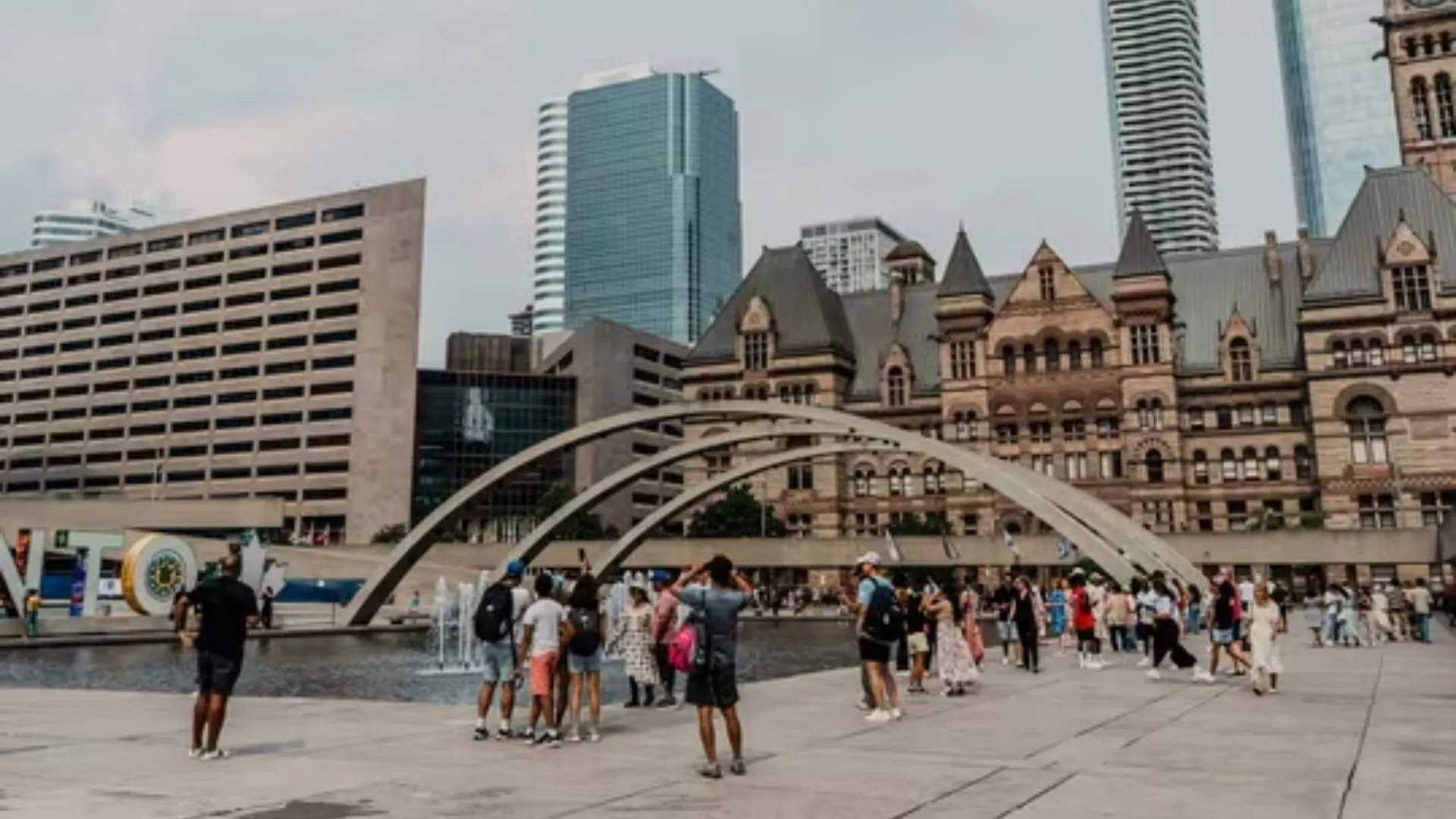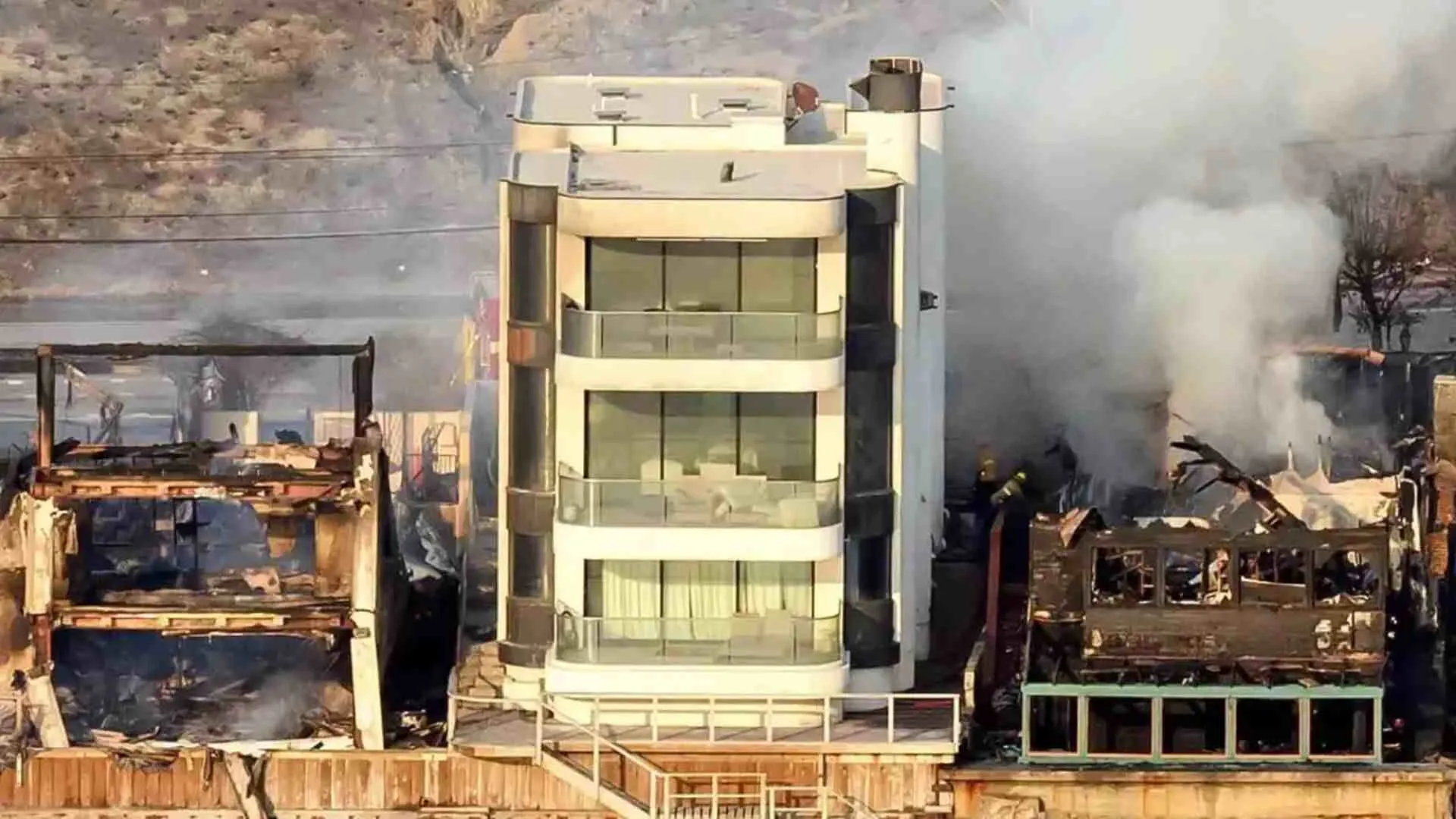At the G20 development ministers’ meeting currently going on in Varanasi, Prime Minister Narendra Modi said on Monday that development was a core issue of the Global South and that it was the G20’s collective responsibility to ensure that the sustainable development goals (SDGs) did not fall behind. He also spoke of how democratization of technology had bridged the data divide to bring about revolutionary changes in India. External Affairs Minister S. Jaishankar said at the same meeting that India had devised a seven-year action plan towards the same and building digital public infrastructure would play a major role towards realising the SDGs. In fact, only seven years are left to reach 2030, the year the United Nations has earmarked for fulfilling the “Agenda for Sustainable Development”. According to the UN’s “The Sustainable Development Goals Report 2022”, “cascading and interlinked crises are putting the 2030 Agenda for Sustainable Development in grave danger, along with humanity’s very own survival.” Says the UN: “climate change, and conflicts, are creating spin-off impacts on food and nutrition, health, education, the environment, and peace and security.” The Russia-Ukraine war alone has pushed the poorest of the world towards hunger, with supply chains of 30% of the world’s wheat, 20% of maize and 80% of sunflower seeds, getting disrupted. Covid-19 has killed 15 million people, disrupted essential health services in 92% of countries, has brought down global life-expectancy and has deepened the global learning crisis. In the area of water and sanitation, “meeting drinking water, sanitation and hygiene targets by 2030 requires a 4x increase in the pace of progress”, says the report. There is an energy crisis as well, with the progress in electrification having slowed substantially. International financial flows to developing countries for renewables too has slowed down. And these are just the tip of the iceberg of troubles the world faces.
However, the Global North seems unconcerned, not ready to have these issues on their discussion table, busy as they are focusing their energies on the Russia-Ukraine war. As for China, the world’s second largest economy, which calls itself the leader of the Global South, it lacks the moral authority to be the wearer of that mantle. Whatever help China offers to the Global South comes with strings attached, and sooner or later the malign core of its policies comes to the fore—it is all about reviving an imperial power, with vassal states paying it tributes as it rules the world, reshaping it in Chinese Communist characteristics. The Global South is realizing that China is unfit to provide any leadership. As the Prime Minister of Papua New Guinea, James Marape, said during PM Modi’s recent visit to that Pacific Island country, “We…ask you to offer a third big voice in the face of the Global North… The Global South deserves a nation who just like us have come out of this to be a big presence at G20 and G7, to ensure that our issues are heard in total clarity… You are the voice that can offer our issues at the highest (level) as advanced economies discuss on matters relating to economy, threats and geopolitics.”
However much be the criticism of and hand-wringing about India’s development trajectory, the fact is that this country has elevated 415 million people out of poverty in 15 years, according to the UN. Poverty dropped from 55.1% in 2005-2006 to 16.9% in 2019. This is no mean feat. Take the example of the Jal Jeevan Mission launched in 2019 by PM Modi. Courtesy this mission, the current tap water coverage of rural households in India is around 63%. This is a remarkable rise from 16.64% in 2019, according to a recent report by the World Health Organization. The WHO report says that as India moves towards universal tap coverage, it is saving 4 lakh lives, as well as $101 billion. Then take the example of the Modi government’s policy of digital inclusion, or what the PM describes as democratization of technology—a digital infrastructure built on the foundation of the JAM (Jan Dhan Accounts-Aadhaar-Mobile) trinity, serving the poorest of the poor, by transferring welfare benefits directly to their bank accounts. This is fit for replication in the poorer nations. All this and many more such programmes are about taking development to the grassroots. India can take a leadership role in this, even as it finds solutions to the problems of implementation in its own development mission. India’s support does not have a hidden cost. Its voice carries weight. India is uniquely placed at a time in history where it can be the beacon of progress to the underprivileged nations. But time is running out and India should take the lead in convincing the richer co

















